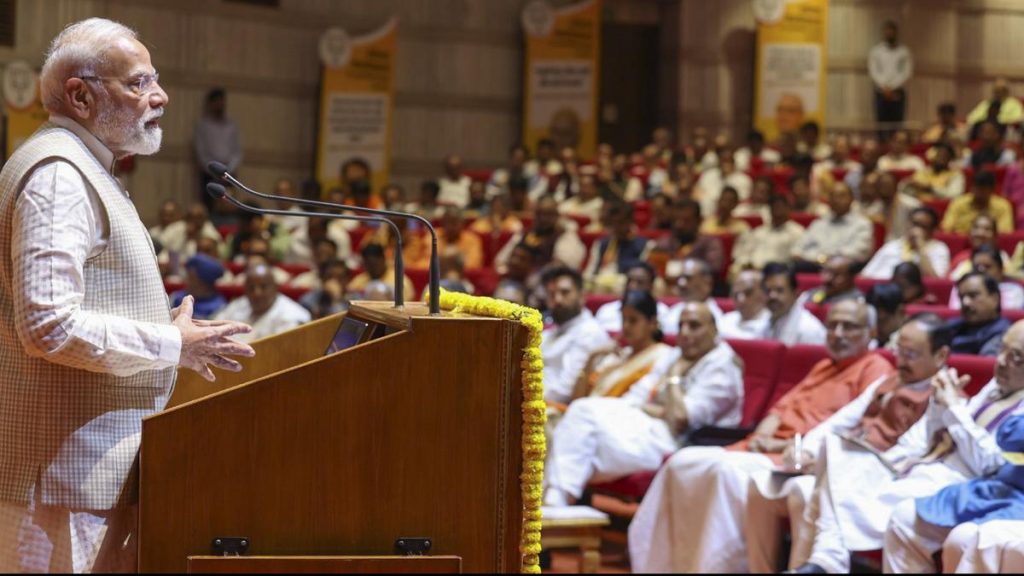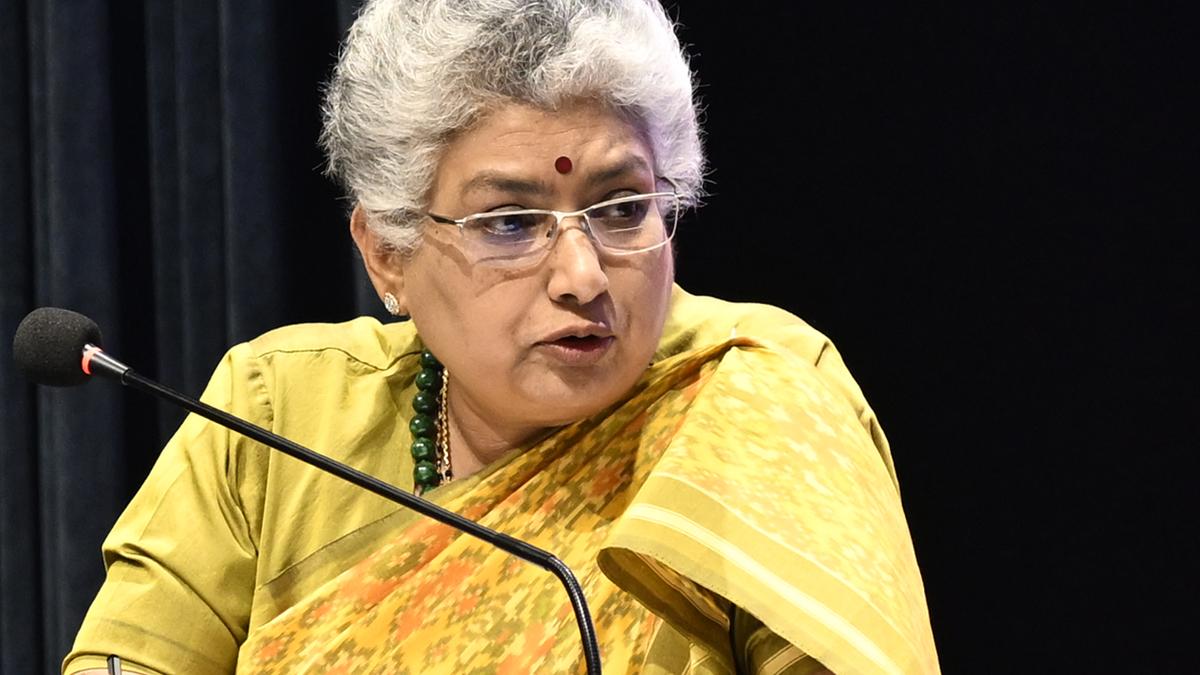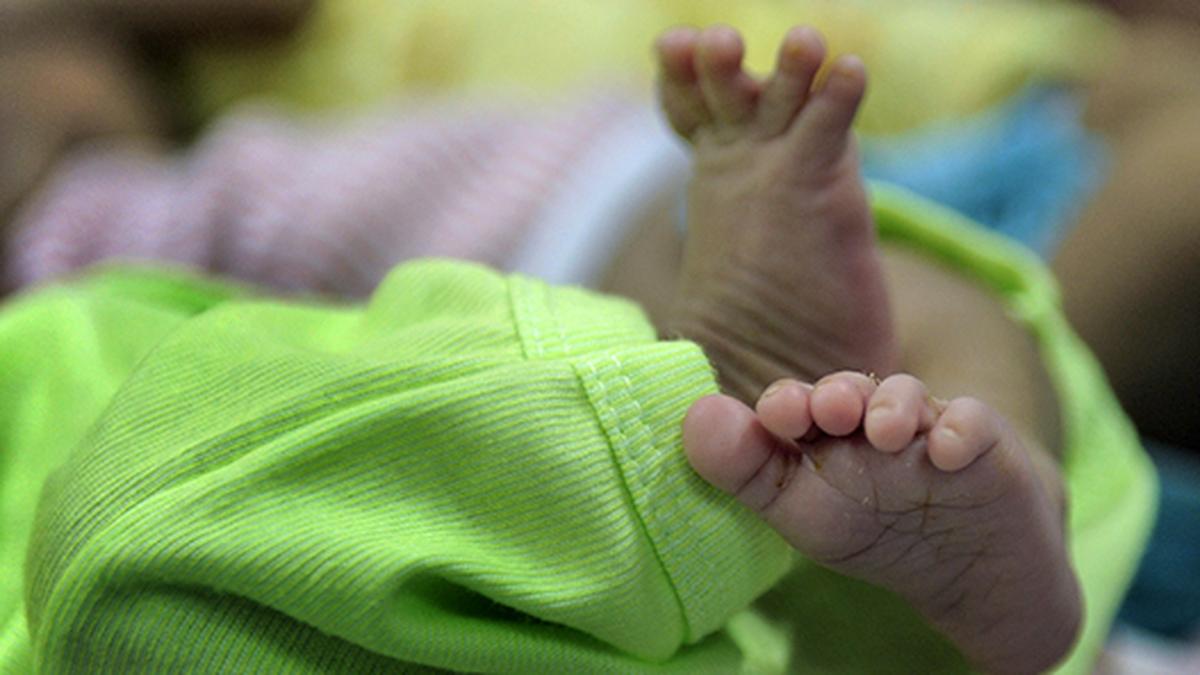Now Reading: Rural Women Face Income Cuts as MGNREGS Budget Shrinks, Warn Activists
-
01
Rural Women Face Income Cuts as MGNREGS Budget Shrinks, Warn Activists
Rural Women Face Income Cuts as MGNREGS Budget Shrinks, Warn Activists
Rapid Summary
- Activists from NREGA Sangharsh Morcha highlighted a direct correlation between declining central allocation for the Mahatma Gandhi national Rural Employment Guarantee Scheme (MGNREGS) and reduced income for rural women during a press conference in Delhi on the 20th anniversary of the governing law.
- Ram Beti, an activist from Uttar pradesh, noted that MGNREGS enabled equal pay for men and women for the first time, but ongoing budget constraints have diminished the program’s impact and availability.
- Women constitute over 50% of MGNREGS workforce; this year,56% of person-days worked under the program were completed by women.
- Out of ₹86,000 crore allocated to MGNREGS in the Union Budget 2025-26, ₹51,521 crore has already been spent. The Center reportedly has only ₹79 crore available for September due to spending caps set by Finance ministry directives.
- Mandeshwari Devi from Bihar pointed out technological challenges such as faulty attendance recording through mobile apps (National Mobile Monitoring System), causing discrepancies in payments despite actual work done.
- Anuradha Talwar from west Bengal described MGNREGS as being at one of its lowest phases at its 20-year mark. The scheme remains suspended in West Bengal since March 2022 due to alleged irregularities despite recent directives by Calcutta High Court to resume operations.
Read More: The Hindu.
Indian Opinion Analysis
The concerns raised about declining allocations and technological roadblocks affecting MGNREGS are significant given its role as a safety net for rural India-particularly women who make up over half its beneficiaries. Equal pay provisions within MGNREGS have historically empowered rural communities economically; however, limited funding risks reversing progress on gender equity and employment opportunities. Moreover, operational issues like inconsistent attendance tracking highlight implementation challenges that could exacerbate workforce dissatisfaction.
From a governance outlook,the continued capping of expenditure suggests possible fiscal prioritization elsewhere or tighter control on fund utilization amid allegations of irregularities.The suspension in West Bengal also underscores unresolved questions regarding state-Centre relations that may need balanced resolution through court orders or administrative cooperation.As India strives toward inclusive development goals, addressing these systemic issues-allocative efficiency alongside better execution mechanisms-will be key to ensuring sustained benefits from landmark welfare schemes like MGNREGS.
Read More: The hindu.

























